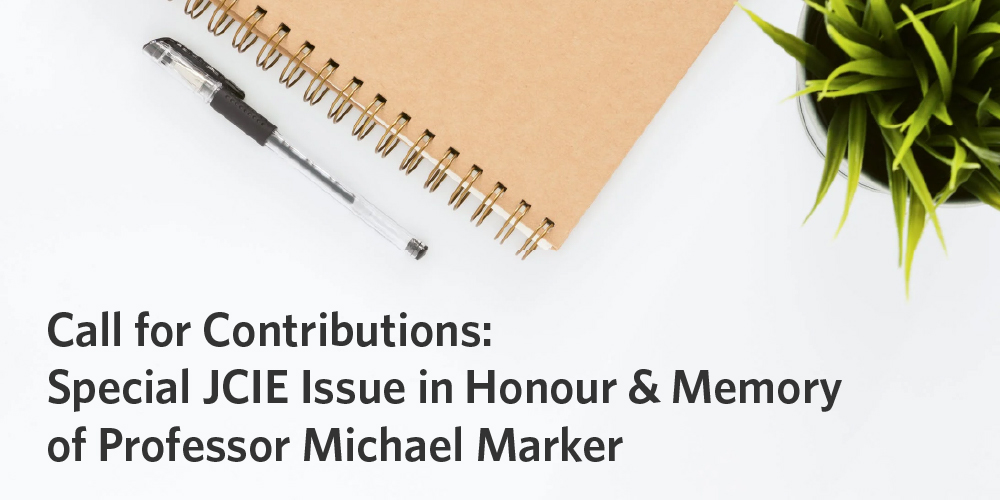Download the Call for Contributions

Details and Registration: https://www.sfu.ca/ceri/events/critical-futures-book-launch.html

Is Culturally Responsive Leadership Culturally Responsive? A Critical Comparative Study between Canada and China
We are calling on current school principals, vice-principals, and teachers to participate in a research project about school administrators’ leadership in BC schools. This project looks at school leaders’ experiences, from school administrators’ and teachers’ perspectives, in engaging Indigenous education in the context of Truth and Reconciliation and exploring new ways of thinking about culturally responsive leadership in response to diversity in schools.
Why Should I Participate?
Your participation will contribute to a greater understanding of school leaders’ work and experience of engaging Indigenous education and gain insights into school leaders’ culturally responsive leadership in BC, Canada. The research results yielded from this project will be used to inform services and professional learning to better support you and your colleagues’ leadership and work in schools.
What does my participation involve?
The project involves approximately 40-60 minutes interview that is being conducted by Dr. Fei Wang or his research assistant from the Faculty of Education, the University of British Columbia (UBC). The information obtained in the interview will be kept in strict confidence. No individual information will be disclosed, only results from the analysis of aggregated data will be reported.
How Can I Participate?
The interview will be carried out online via zoom/any other platforms or in-person at a location that meets your convenience. If you’d like to participate in the interview, please contact Dr. Fei Wang at fei.wang@ubc.ca.
Dissertation writing support sessions
Dissertation & thesis support writing sessions will begin Saturday January 10, 2026. After a two week break, sessions resume January 26 and will continue until April 4th.
Each week there are three sessions offered: every Monday and Friday morning, from 7:30 to 10am, and Wednesday evenings 7 to 9pm. Saturday sessions also run once a month.
These sessions support students on their dissertation writing journey which includes refining research questions & developing proposals, collecting and analyzing data, to preparing chapters and final drafts. After a brief check-in, with audio and visual muted, we ‘write alone together’.
Join when you can for as long as you can. Registration is not required.
Please contact Shauna Butterwick for more information: shauna.butterwick@ubc.ca
Zoom Link:
https://ubc.zoom.us/j/69978066117?pwd=UGpPR1FXOCtpYXYrMkc2VFowQ0Vjdz09
Meeting ID: 699 7806 6117
Passcode: 391320
Information:
Saturdays: January 10th, February 7th, March 7th, April 4th
10am to 2pm
Mondays: starting January 26 to March 30th
7:30 to 10am
Wednesdays starting January 28th to April 1st
7 to 9pm
Fridays starting January 30th to April 3rd
7:30 to 10am
 Loading…
Loading… Loading…
Loading… Loading…
Loading… Loading…
Loading…